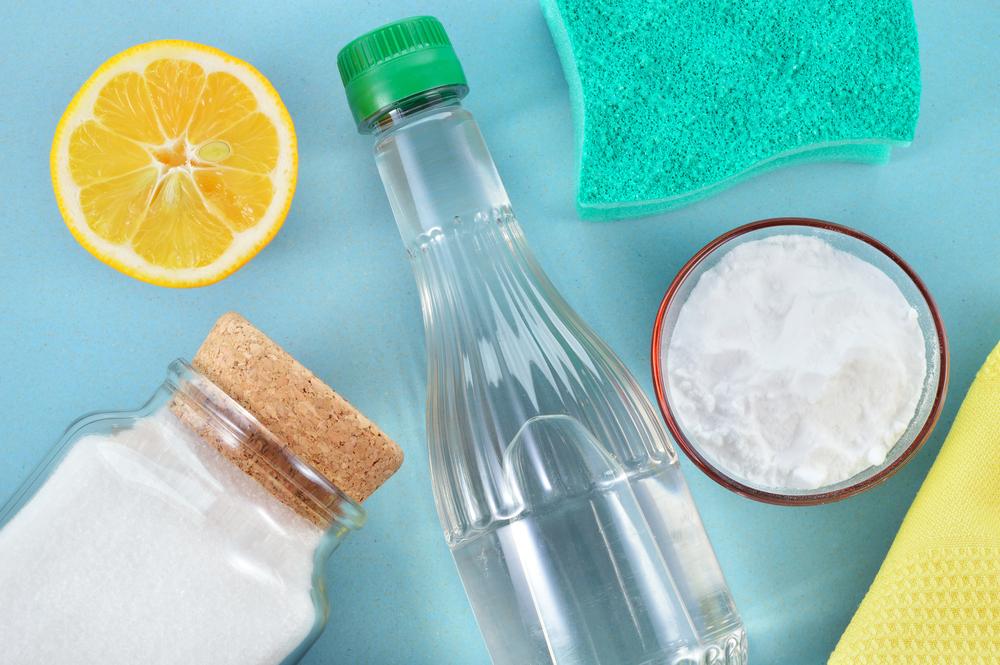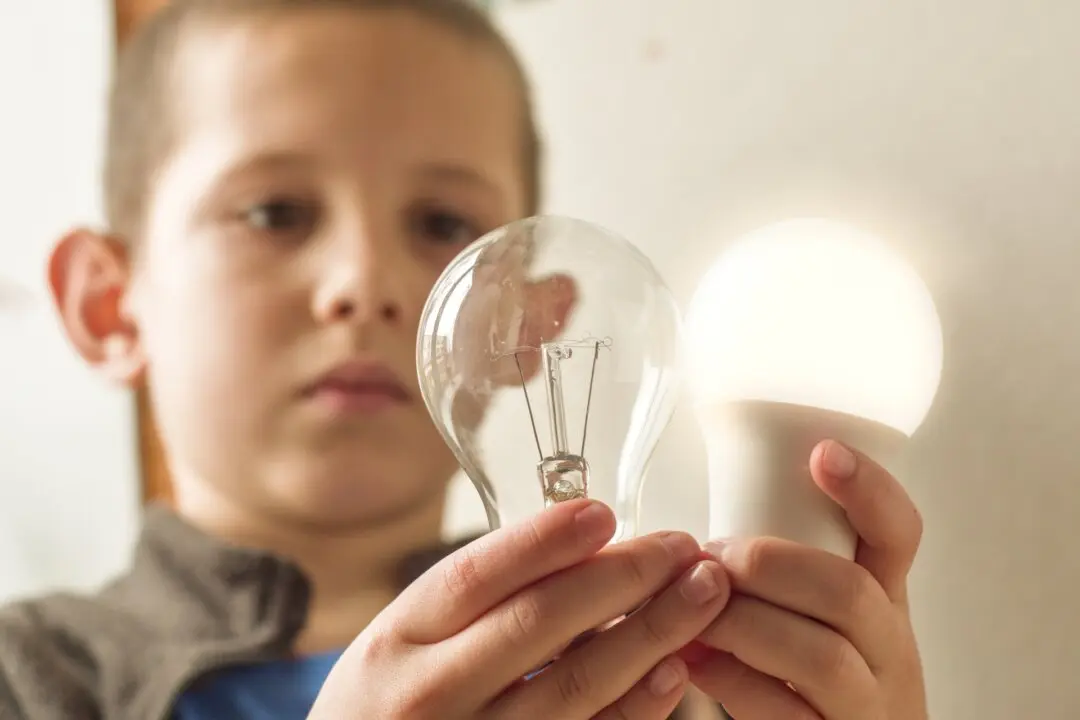Two women. Different locations. Same accident. Both were using an ordinary commercial toilet bowl cleaner containing ammonia and weren’t satisfied with the way it was removing stains. Each added household chlorine bleach to that commercial product and stirred with a brush. One died quickly; the other spent a long time in the hospital.
Here’s the problem: Whenever chlorine bleach comes into contact with acid or an acid-producing substance such as a toilet bowl cleaner or vinegar, there’s a nearly immediate release of chlorine gas. This is not a good thing! A similar result occurs when chlorine bleach is mixed with ammonia, lye, or other such substances. Chlorine gas is lethal.





